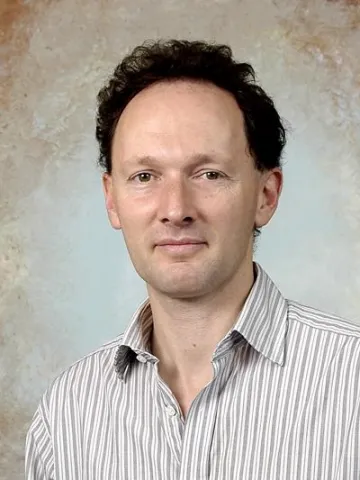About the project
Sound can be used to understand ocean biophony, geophony and anthropogenic processes and their interactions. This project will acquire novel passive acoustic datasets from a submarine canyon system. Machine learning techniques will be used to isolate and understand different components of the soundscape, with a particular focus on beaked whales.
Protecting marine environments and biodiversity in the face of climate change and increased human activities is vital to preserving and improving the health of our oceans. However, characterising and monitoring the ocean is difficult, particularly in deep waters far from the coast. Underwater acoustic monitoring has been proven effective in assessing biodiversity, detecting meteorological and geological processes, such as storms, earthquakes, and submarine landslides, identifying oceanographic phenomena, such as internal tides, deriving oceanographic physical properties, and monitoring human activities in the ocean (ref. 1,2).
The aim of this project is to develop methods using passive acoustic data to assess ocean health and monitor dynamic marine environments. A specific focus will be to develop localisation techniques to track marine mammals and/or sediment flows within the study area. Advanced signal processing and machine learning techniques such as convolutional neural networks (ref. 3) will be applied to the data to analyse and identify different noise sources.
The Whittard Canyon study area is a dynamic environment on the European continental slope in a Marine Protected Area, known as a location with high biodiversity frequented by rare beaked whales, hosting large underwater sediment flows, and important tidally-driven oceanographic mixing between the deep ocean and shelf seas. Analysis of the acoustic data collected will advance our knowledge of how sound can be used to monitor the marine environment and develop techniques for event identification and tracking which will be valuable across marine biology, geology, seismology, oceanography, and for monitoring anthropogenic impact on the ocean.
All doctoral candidates will enrol in the Graduate School of NOCS (GSNOCS), where they will receive specialist training in oral and written presentation skills, have the opportunity to participate in teaching activities, and have access to a full range of research and generic training opportunities. GSNOCS attracts students from all over the world and from all science and engineering backgrounds. Specific training will include attendance at courses on marine acoustics, signal processing and machine learning. In addition, there are a wide range of masters level modules available in Oceanography, and it would be expected that some of these modules would be taken.
You will benefit from a supervisory team which has world-leading expertise in marine mammals, ocean acoustics, signal processing and machine learning. There will be opportunities for you to collect the PhD dataset at sea and undertake placements within industry/governmental bodies.
References
1. Howe, B. M., Miksis-Olds, J., Rehm, E., Sagen, H., Worcester, P. F., & Haralabus, G. (2019). Observing the oceans acoustically. Frontiers in Marine Science, 6(JUL), 434371. https://doi.org/10.3389/FMARS.2019.00426/BIBTEX
2. Bayrakci, G., & Klingelhoefer, F. (Eds.). (2023). Noisy Oceans: Monitoring Seismic and Acoustic Signals in the Marine Environment. AGU Geophysical Monograph Series. ISBN: 978-1-119-75089-5
3. White, E. L., White, P. R., Bull, J. M., Risch, D., Beck, S., & Edwards, E. W. J. (2022). More than a whistle: Automated detection of marine sound sources with a convolutional neural network. Frontiers in Marine Science, 9, 879145. https://doi.org/10.3389/FMARS.2022.879145/BIBTEX
Supervisors
As well as Professor Jon Bull (lead supervisor) and Professor Paul White, you will also receive supervision from Dr Emma Gregory and Dr Dara Farrell at the National Oceanographic Centre (NOC), Southampton.

